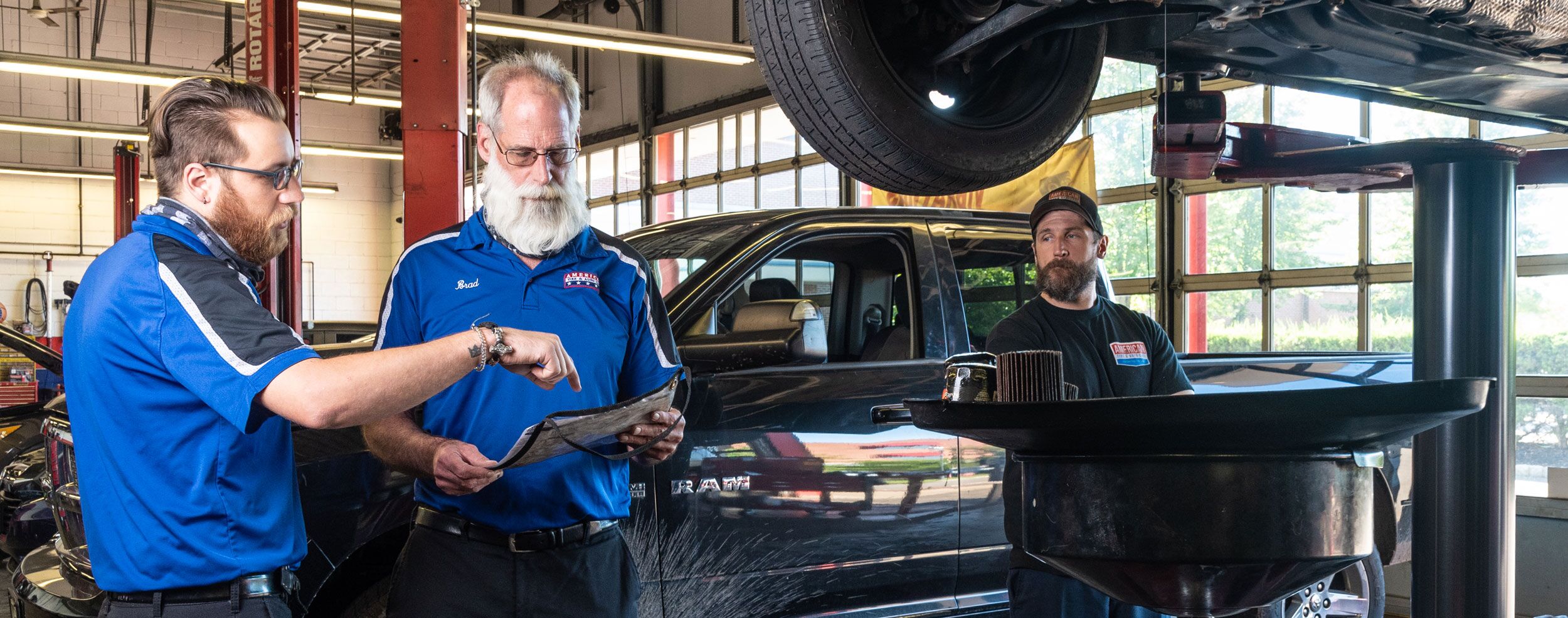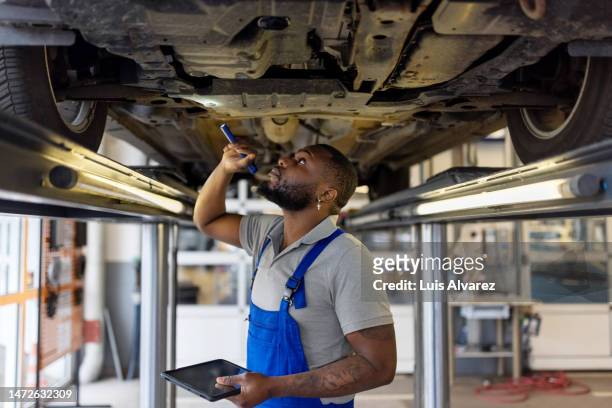All Categories
Featured
Engine repair work are commonly one of the most costly repair work you may run into as an automobile owner. The price of fixing or replacing components of your engine can differ commonly, and several factors play a role in determining the final price. Recognizing these factors can assist you make notified choices and possibly reduce fixing prices. Below's a more detailed take a look at what influences the rate of engine repairs.
As an example, a basic oil change or trigger plug replacement may only cost you a couple of hundred dollars, while an engine reconstruct or replacement can cost numerous thousand dollars. The degree of the problem and the parts that require to be changed are essential elements in calculating the last bill.
![]()
Furthermore, the quantity of labor required depends on the kind of engine problem. A repair needing full engine disassembly will take far more time than replacing an easy part, and this additional time is shown in the labor price.
![]()
Furthermore, the make and model of your car can impact the cost of engine repairs. High-end or international lorries typically call for more expensive components that may be tougher to locate, driving up the general repair service cost. Common domestic vehicles often tend to have quicker available components and may be more affordable to fix.
Older cars may additionally have difficulty sourcing components, particularly if the car is stopped or unusual. In such instances, you may need to use refurbished or made use of parts, which can sometimes decrease expenses however might come with added dangers pertaining to high quality and dependability.
On the various other hand, vehicles from even more typical brands like Ford, Toyota, or Honda tend to have lower repair service prices because their parts are extra extensively offered, and many mechanics recognize with them. Service centers commonly have the required tools for these vehicles, which helps decrease labor time and costs.
![]()
Conclusion. Engine repair prices can be significant, yet understanding the aspects that impact these costs can aid you make much better decisions when it comes time for repairs. The extent of the damages, the type of parts used, labor prices, the make and model of your vehicle, and the diagnostic fees are all crucial variables that contribute to the complete repair service price.
- The Level of the Damages. The extent of the engine issue is maybe the most considerable factor in determining the cost of repairs. Minor engine issues, such as worn-out ignition system, harmed belts, or a malfunctioning sensing unit, are typically less costly to deal with because they do not need taking apart the engine. In contrast, extra major issues like a split cylinder head, blown gasket, or a harmed crankshaft can be really expensive because of the intricacy and extensive labor included.
As an example, a basic oil change or trigger plug replacement may only cost you a couple of hundred dollars, while an engine reconstruct or replacement can cost numerous thousand dollars. The degree of the problem and the parts that require to be changed are essential elements in calculating the last bill.

- Labor Prices. Labor is one of the primary expenses linked with engine repair service. Labor expenses can vary depending on where you live, as repair work shops in metropolitan locations usually bill more per hour than those in rural locations.
Furthermore, the quantity of labor required depends on the kind of engine problem. A repair needing full engine disassembly will take far more time than replacing an easy part, and this additional time is shown in the labor price.
- Parts and Products. The cost of substitute parts can also vary greatly, specifically if you're utilizing initial devices supplier (OEM) parts or high-performance elements. OEM components are commonly much more costly than aftermarket components, but they are typically suggested to make sure the longevity and proper function of the engine. Aftermarket components are usually much less pricey and can use a much more budget-friendly option, but they could not always fulfill the same high quality requirements as OEM components.

Furthermore, the make and model of your car can impact the cost of engine repairs. High-end or international lorries typically call for more expensive components that may be tougher to locate, driving up the general repair service cost. Common domestic vehicles often tend to have quicker available components and may be more affordable to fix.
- Age and Mileage of the Vehicle. The age of your automobile plays a substantial function in determining the price of engine repair. Older automobiles with high gas mileage often tend to have even more wear and tear on the engine parts, which implies that repair work might be much more costly and extensive. Gradually, engine components wear down and are more most likely to stop working, leading to more constant repairs.
Older cars may additionally have difficulty sourcing components, particularly if the car is stopped or unusual. In such instances, you may need to use refurbished or made use of parts, which can sometimes decrease expenses however might come with added dangers pertaining to high quality and dependability.
- Lorry Make and Model. The specific make and design of your automobile will greatly influence the expense of engine repairs. As an example, deluxe brand names like BMW, Mercedes-Benz, and Audi typically have greater repair work expenses because their parts are much more costly, and specialized understanding is required to service them. Furthermore, these brand names might require specific devices or diagnostic equipment, which can contribute to the total price.
On the various other hand, vehicles from even more typical brands like Ford, Toyota, or Honda tend to have lower repair service prices because their parts are extra extensively offered, and many mechanics recognize with them. Service centers commonly have the required tools for these vehicles, which helps decrease labor time and costs.

- Analysis Fees. Before executing any type of fixings, the mechanic will usually conduct an analysis test to identify the origin reason of the problem. Some fixing stores might use a price cut or waive this fee if you choose to proceed with the advised repairs, while others might bill it individually.
- Place of the Repair Work Shop. Where you take your vehicle for repairs can also influence the price. Shops in high-cost-of-living locations typically bill a lot more for both labor and components as a result of above costs. In comparison, service center situated in smaller towns or much less inhabited locations may provide a lot more affordable prices. This rate distinction is something to consider when trying to find a service center, specifically if you're dealing with a big repair work costs.
Conclusion. Engine repair prices can be significant, yet understanding the aspects that impact these costs can aid you make much better decisions when it comes time for repairs. The extent of the damages, the type of parts used, labor prices, the make and model of your vehicle, and the diagnostic fees are all crucial variables that contribute to the complete repair service price.
Latest Posts
Which Furnishings Materials Are Ideal for Sturdiness and Style?
Published Jan 07, 25
0 min read
Signs Your Commercial Roof Needs Replacement: A Proactive Approach
Published Jan 07, 25
1 min read
Selecting the Right Rug for Your Home
Published Jan 07, 25
1 min read